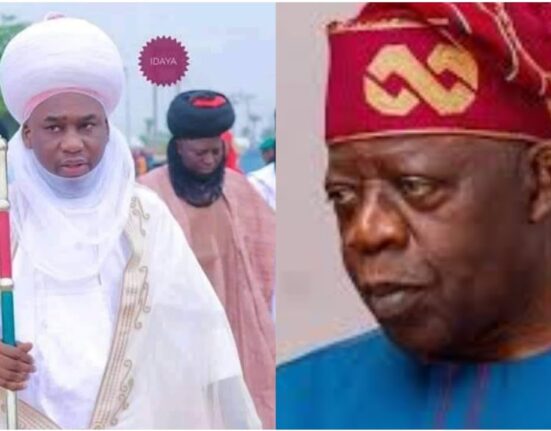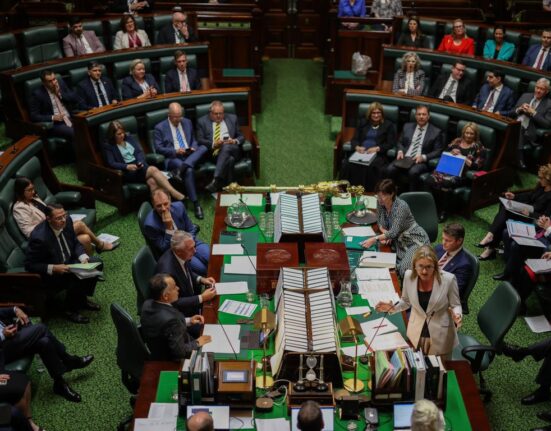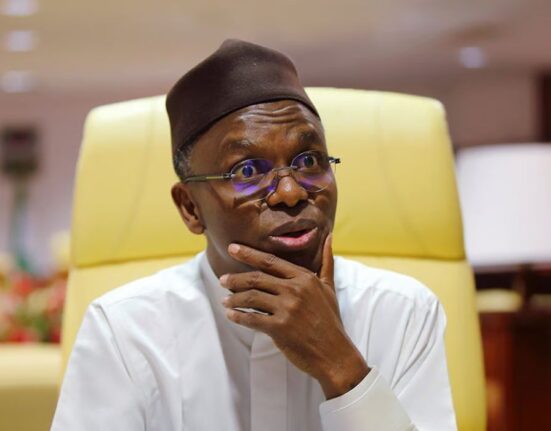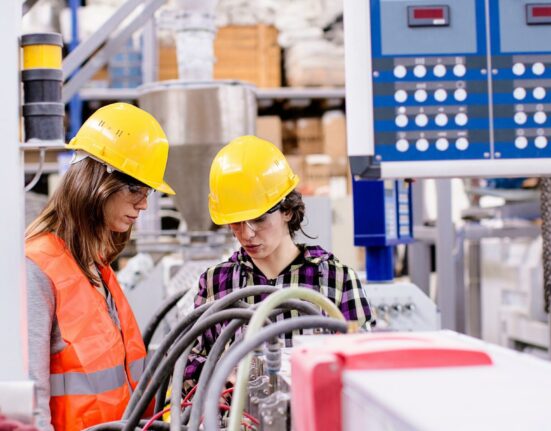In the realm of Nigerian politics, one cannot ignore the perpetual turbulence within the People’s Democratic Party (PDP). The party, once a dominant force in the country’s political landscape, now finds itself grappling with internal strife and external challenges that have left many wondering about its future.
To truly understand why this crisis persists within the PDP, we need to delve into the complexities that underpin the party’s structure, history, and current dynamics. Expert analysts suggest that a combination of factors contributes to these challenges, ranging from power struggles among key figures to ideological differences and strategic missteps.
One key aspect that experts point to is the lingering impact of past leadership transitions within the PDP. As one analyst puts it,
“The failure to manage leadership changes effectively has created factions and power blocs within the party that often work at cross purposes.”
This internal fragmentation has weakened the party’s ability to present a united front and articulate a clear vision for governance.
Moreover, external pressures such as increased competition from rival political parties and changing voter demographics have further complicated matters for the PDP. The rise of new political movements and grassroots activism has challenged traditional party structures and forced long-standing parties like the PDP to adapt or risk obsolescence.
In a bid to shed light on these issues, we spoke with Dr. Aisha Ahmed, a political scientist with expertise in Nigerian politics. According to Dr. Ahmed,
“The crisis in the PDP reflects broader trends within Nigerian politics where personal ambitions often take precedence over collective goals.”
She emphasizes that without a concerted effort to address these underlying issues, the party may continue to struggle in regaining its former glory.
The intricacies of factionalism and infighting within the PDP are also highlighted by another expert we consulted. Professor Ibrahim Yusuf notes that
“Internal divisions fueled by individual egos and conflicting interests have hampered efforts to reposition the party as a viable alternative for voters.”
This lack of cohesion not only weakens electoral prospects but also erodes public confidence in the party’s ability to govern effectively.
As we navigate through this labyrinth of challenges facing Nigeria’s oldest surviving political party, it becomes apparent that resolving these issues will require more than just surface-level interventions. Structural reforms aimed at fostering greater transparency, inclusivity, and accountability are essential for rebuilding trust both internally among members and externally with voters.
In conclusion, while the road ahead may seem daunting for the PDP, there is still room for revitalization and renewal if key stakeholders can set aside their differences and focus on what truly matters – serving the interests of Nigerians. Only time will tell whether this once-mighty political behemoth can rise from its current quagmire stronger and more resilient than before.









Leave feedback about this